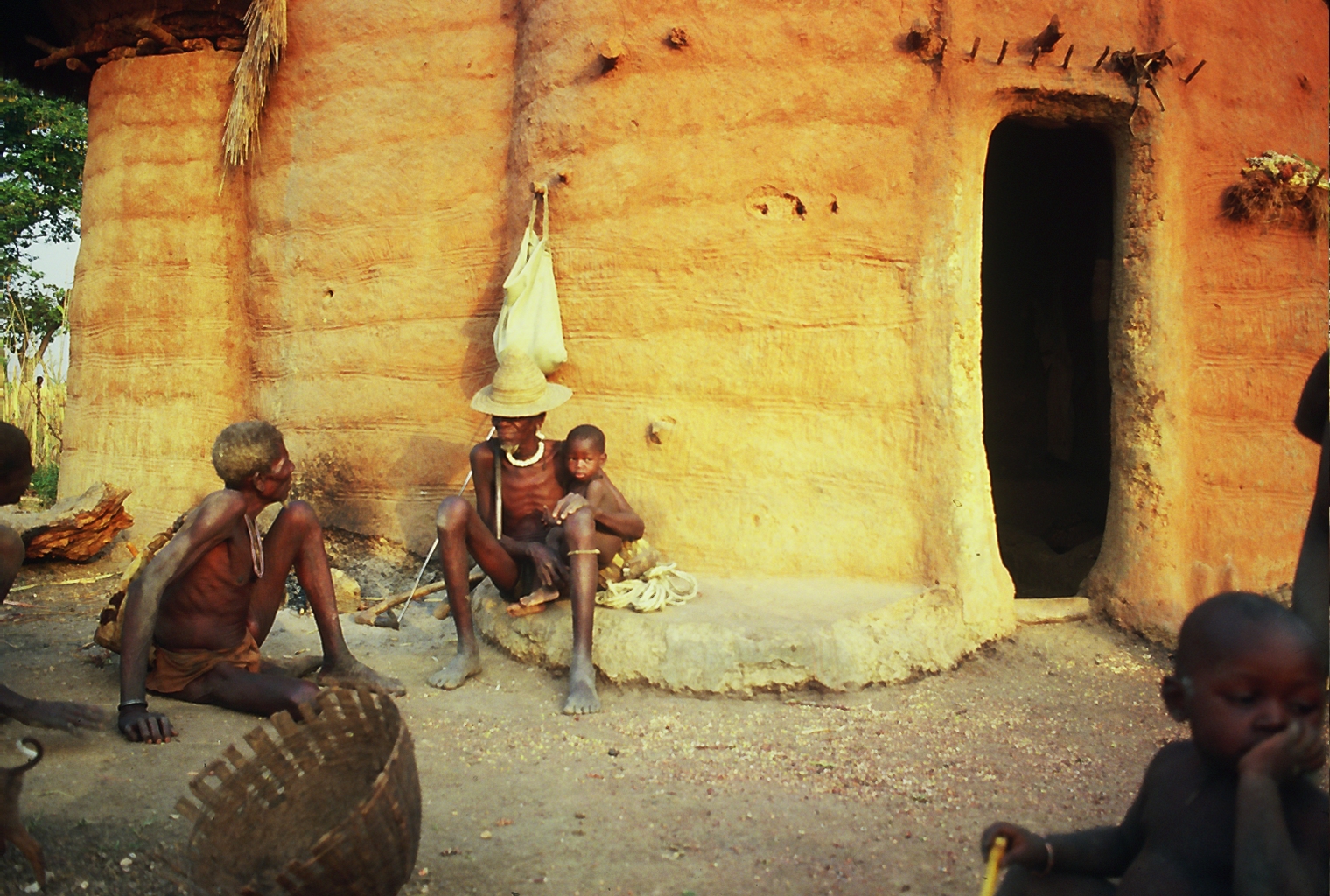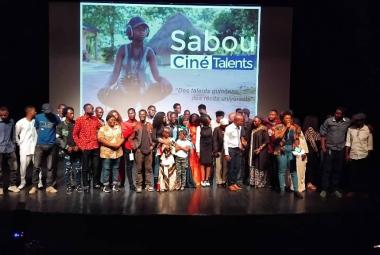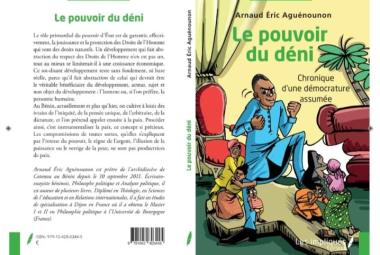As I asked about their ceremonies, the Masters of Knowledge in Koutammakou just answered : « See ! Listen! » and started smoking pipes again. That was their way of being: mutism towards the aspirant to knowledge – at least a the beginning - refusal of presents from abroad, despite real destitution, development projects greeted with distrust. Until the 1980s, 1990s, and even in early 2000, these mountain people from Atakora, north of Togo and Benin, did not want to depend on anyone. The attachment to their ceremonies, a self-control associated with a humility towards the forces of nature they considered themselves the hosts, of subject to be conformed to their rules : all signs of an unacceptable archaism for the "civilized people"of the South. Their determination to refuse to enslave as to be enslaved - no leader in this clan society - has long given them the reputation of rebelliousness, while their wish was limited to being left in peace after centuries of fight against the royal powers which tried to dominate them.
We never pay enough attention to what surrounds us: "God nests in the details" Spinoza said. By conforming to the injunction of the ancients which incited the knowledge aspirant to know to find the answer to a riddle alone, I developed the ability to concentrate on the "nothings" of the Batammariba life. "Note the gold of everyday life! » Jean Malaurie recommended me when I was preparing le Souffle du Mort. The everyday things of the Batammariba life may have helped to preserve their culture, if not, in its early days, that of humanity.
Thus the notion of limit which marks in Koutammakou a distance not to be exceeded. Clearly drawn boundaries on the ground between cultivated fields and sacred areas, and between family takyenta small fortresses one floor - distant from each other from one hundred to two hundred meters, helping, in places, to give this territory the appearance of a world of origin. In the courtyard of a takyenta, laughter, jokes, quarrels resound with full voice, because launched from a distance. No shaking hands, kissing or cuddling a child - except for the bond of tenderness that binds him to his mother, his grandparents or his little "lullaby", often a barely older sister. As for petting his head: strictly forbidden for strangers passing by ! The head is the almost sacred part of a person. By risking a gesture reserved for the couple in the dark of his intimacy, he would sign his exclusion. No sighs or complaints. In pain, they are silent. On arriving, the friend understands at a glance and goes to sit in silence near his friend. It is only by a song of mourning that a mother's inconsolable sadness is expressed at the death of her child or a loved one. These songs upset the men who listen to them without taking part in them. One person’s death, felt as that of all humanity, has the power of reopening old wounds. With regard to a newborn baby or bedridden old parents, the precautions are reinforced. The branch which bars the entry indicates: "Here fragile life". The passer-by must go on without inquiring. His mere presence, his breath, and even his thoughts, would be deleterious to a vulnerable being. At the end of weaning, a child takes his meals in his personal calabash. Later, he will only share it with a reliable person – an initiation companion - for fear, of course, that poison is poured into it, but also that the commensal is carrying an invisible tare contaminated by his saliva, his breath or his skin. More over, it is forbidden to talk while eating - a rule learned in the past to our children - otherwise, shame on the talkative: he would see his host turn away to protect himself from his postillons! Lovers at the beginning of their relationship on the threshold of their relationship talk to each other half-turned: a detail that Léo Frobénius had already noted in 1913. The sharpness of hearing seems to have supplanted the feeling of touch.
As for the honor of a man, protector of his family, it is measured by the "virile things" that he has known how to develop: acuity of the senses, state of permanent awakening. "He only sleeps with one eye, ready to grasp bow and arrow!" On the way, his careless step, his smile, can not deceive: attentive to what surrounds him, especially to the stranger that he has just met, whose too great kindness suspect to him, he is ready to react. All Batammariba - like a lot of Africans - are aware of the invisible and multifaceted presence of death. She can reach him out of the blue "like the bush beast that leaps on its prey!" they say to the Koutammakou. "This is why, a university professor from Nigeria in 2018 told me, we laugh so much, of everything and anything." To forget, to ward off fear.
Such were the Batammariba when I met them. Since then, a complacent generation has emerged with the sirens of modernity and its avatars…
At the end of the confinement experience and in the painful obligation to adopt gestures of avoidance so uncasual to us, gestures that undermine our certainties, the "nothings" of the Batammariba remind us of how vulnerable we are, how miraculous the survival of humanity is. Almost nothing would destroy it. So it is, a mourning song says « that the world would regain its beauty, as at the time when the noise made by men was not heard. »
By Dominique Sewane
Reference
1. Sewane D. Le Souffle du Mort – La tragédie de la mort chez les Batammariba (Togo, Bénin). Paris, Plon (Terre Humaine), 2020.
Branly Grandes conférences
"Celui qui voit au Koutammakou": https://youtu.be/vi_7nj1SDhg
Source : Ethics, Medicine, and Public Health, 2021




















